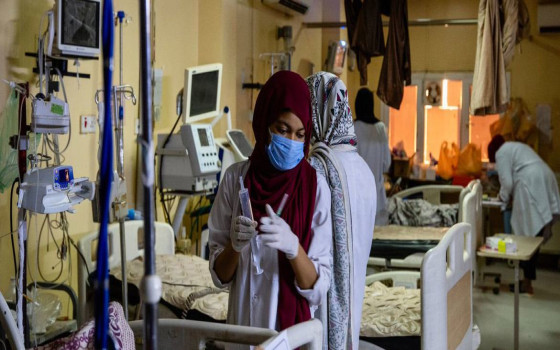
World Health Organization: The health system in Sudan has reached the breaking point

- Europe and Arabs
- Wednesday , 1 November 2023 12:44 PM GMT
Geneva: Europe and the Arabs
Access to health care remains limited due to insecurity, displacement and shortages of medicines and medical supplies - putting millions of Sudanese at risk of serious illness or death from preventable and treatable causes, said Dr. Nima Saeed Abed, WHO Representative in Sudan. According to what the United Nations published in its daily bulletin, a copy of which we received this morning
At the regular press conference of United Nations agencies in Geneva, Abed said that the health system in Sudan has reached the breaking point as a result of the great pressure on health facilities and their reduced capacity to absorb the increasing needs resulting from the spread of diseases and malnutrition.
The seven-month conflict in Sudan has had devastating repercussions on the lives, health and well-being of people across the country, causing 5.9 million people to flee their homes – more than 1.2 million of whom have sought refuge in neighboring countries. Added to this, more than 3 million people were displaced before the current conflict, making Sudan the largest internally displaced person crisis in the world.
Dr. Abed provided an update on the health situation in Sudan, which is witnessing the spread of disease outbreaks, restrictions on access to health care, and attacks on care facilities.
He said that the majority of health facilities in conflict hotspots are no longer functioning. Facilities in areas not directly affected by the conflict suffer from overcrowding with patients. He added that healthcare workers have not received their salaries for nearly seven months.
He expressed his regret at the continued attacks on healthcare facilities, noting that the World Health Organization has verified 60 attacks on healthcare facilities since the beginning of the conflict, resulting in the deaths of 34 people and the injury of 38 others, further impacting the availability of care.
He pointed out that the mass displacement that followed the conflict caused widespread malnutrition, as the lives of children were at stake. Cholera, measles, dengue fever and malaria are widespread in several states. The combination of any of these diseases and malnutrition can be fatal.
Cholera spreads quickly
According to the World Health Organization, cholera outbreaks have now been declared in three states across Sudan, namely Gedaref, Khartoum and South Kordofan, and suspected cases have also been reported in Gezira and Kassala states.
Dr. Abed warned that cholera is spreading rapidly due to the favorable conditions of unsafe water, poor sanitation and hygiene conditions, displacement and weak health services.
As of last week, about 1,000 suspected cases of cholera and about 72 related deaths had been reported. It is estimated that more than 3.1 million people are at risk of contracting cholera by the end of December 2023.
Dr. Nima Saeed Abed said that the Federal Ministry of Health launched a multi-sectoral response to the cholera outbreak with the participation of all partners in the health field, including the World Health Organization.
The World Health Organization supports response efforts
The World Health Organization explained that it has stored essential medicines and supplies to treat cholera patients, and is providing full support to a number of cholera treatment centers and units in the states of Gedaref and Gezira with supplies, operating costs, fuel, and staff.
The organization is also training rapid response teams and covering the costs of their deployment in affected areas, strengthening surveillance through training and operational support, and training doctors and nurses on cholera case management and infection prevention and control.
The organization indicated that it is facilitating the shipment of samples to the Public Health Laboratory in Port Sudan, which has been updated with equipment, supplies, and training to serve as a national reference laboratory instead of the National Public Health Laboratory in Khartoum, which has been occupied since the beginning of the conflict.
The samples are not limited to cholera only, but also include samples of measles, dengue fever, and polio, which were sent by land to the Ministry of Health laboratories in Cairo. WHO is coordinating with partners to strengthen water, sanitation and hygiene services as the backbone of cholera prevention and response.
The World Health Organization is involved in monitoring water quality in local water sources, and UNICEF is providing water treatment supplies. The organization is also working with local communities to raise awareness of the risks and put in place measures to prevent the further spread of cholera, such as treating drinking water.



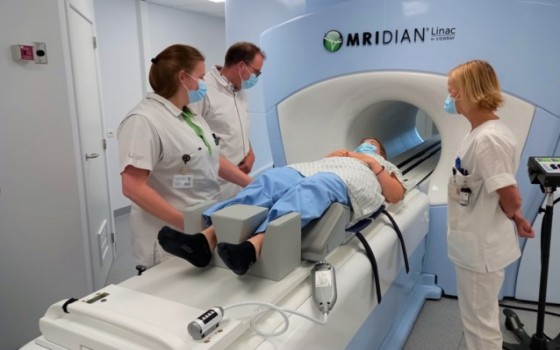

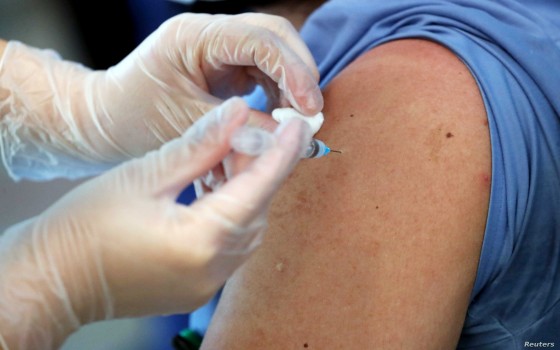
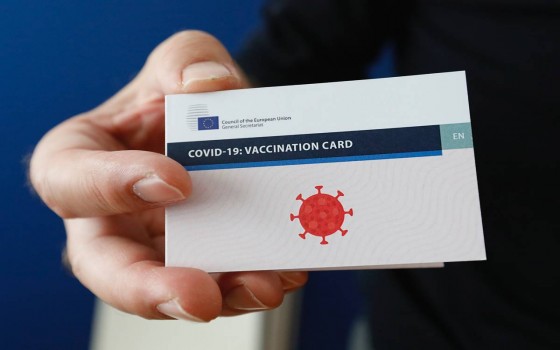


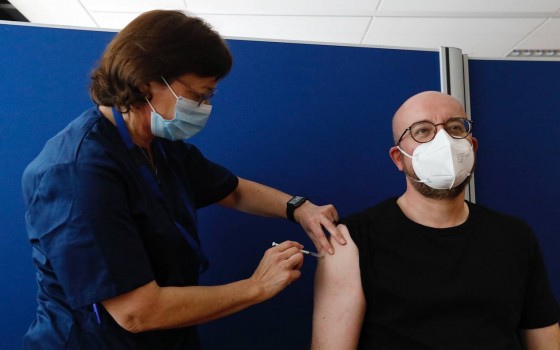


No Comments Found